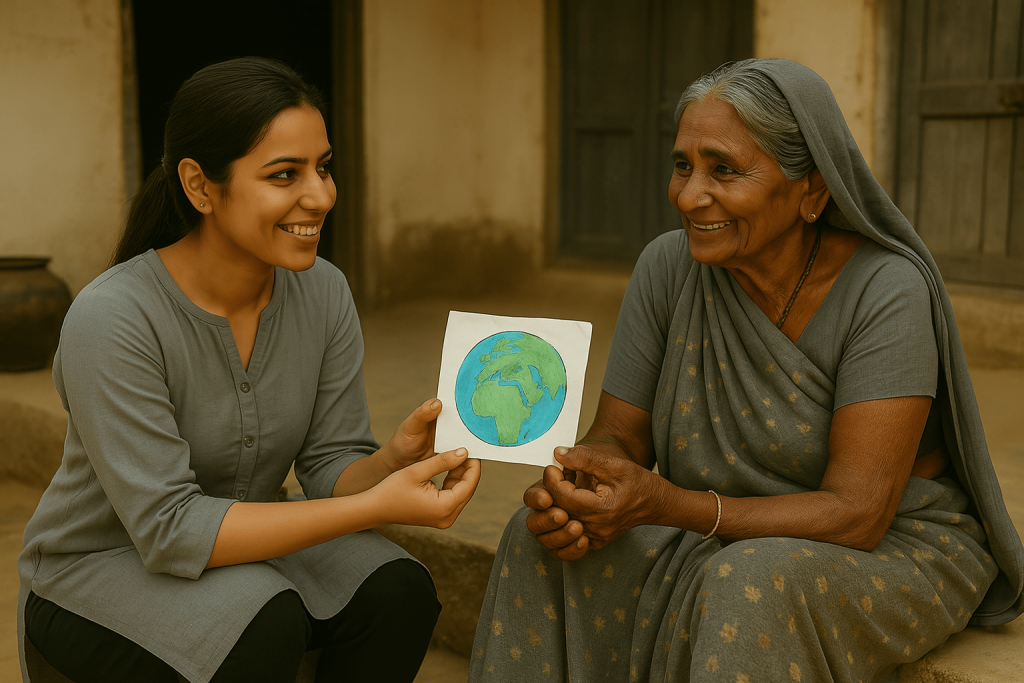Recently in Brussels (the capital of Belgium), thousands of school students came out on the streets to protest against their government’s apathy towards climate change and the effect it will have on their basic rights, like the access to clean water and clean air. And here we are living in a country where the air is getting more toxic every year, rivers are becoming dumping grounds for industrial discharge and other waste materials, and landfills are polluting our groundwater—so why we are silent about it? It feels like we have made peace with whatever has been happening around us, and it’s slowly devouring all of us.
If we look at the numbers, according to the Air Quality Index data of 2018, out of the 15 most polluted cities in the world, 14 were in India. The Water Quality Index ranks India at the 120th position among 122 countries. The Environmental Performance Index puts India at 177th rank in a list of 180 countries. India is also one of the most vulnerable countries to climate change, which again has serious implications for the future as we are a predominantly agrarian economy. We might be surpassing other countries in terms of GDP growth, but, on the indicators mentioned above, we are far behind. This puts a question mark on what kind of future we are heading towards.
Bolivian President Eve Morales rightly pointed out “Sooner or later, we will have to recognise that the Earth has rights too, to live without pollution. What mankind must know is that human beings cannot live without Mother Earth, but the planet can live without humans.”
The good news is that the situation is not out of control. We still have time to reverse this cycle of destruction, provided we act now. We don’t need a revolution, just a simple dual-way approach
First, be cognisant about your own individual ecological footprints. Ask how you can reduce your footprint through your actions every single day, be at home, work, in the mode of transport you use, and more. Well, this might sound simple, but these measures can have an immense impact on others and can induce a similar thinking approach. BRAC in Bangladesh is the perfect example of this. Through a behavior change approach, they overcame many social problems they were facing.
The second way is to build a strong commune of people from all strata of society who share the same vision and collaborate with each other for better planning. Activism doesn’t only mean protesting and campaigning. It also involves creating a robust network which will make sure that our voices matter, and that they reach the people who are destroying nature for their own benefits.
Martin Luther King once said, “Our lives begin to end the day we become silent about things that matter”. So let’s not be silent about it anymore. Let us all join hands for this movement. I believe we are compassionate human beings and we do care for Mother Earth. As our future generations are looking at us with hope in their eyes, will we leave a better place for them to live and prosper? I dream of an India where we not only rank in top positions in different ecological indices, but also where ecology and human beings thrive together and coexist peacefully. A dream which is possible!
Chetan Patil is a student of the 2nd batch of the Post graduate Programme in Development Leadership at the Indian School of Development Management.




